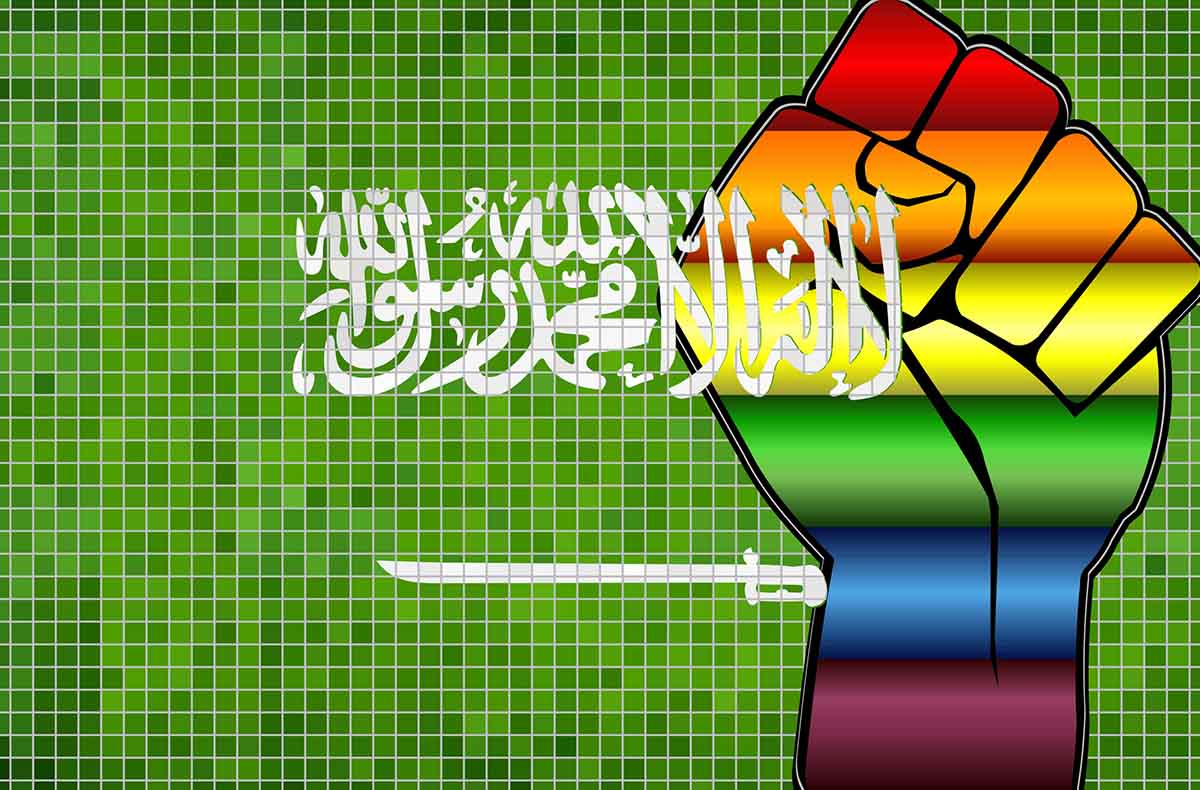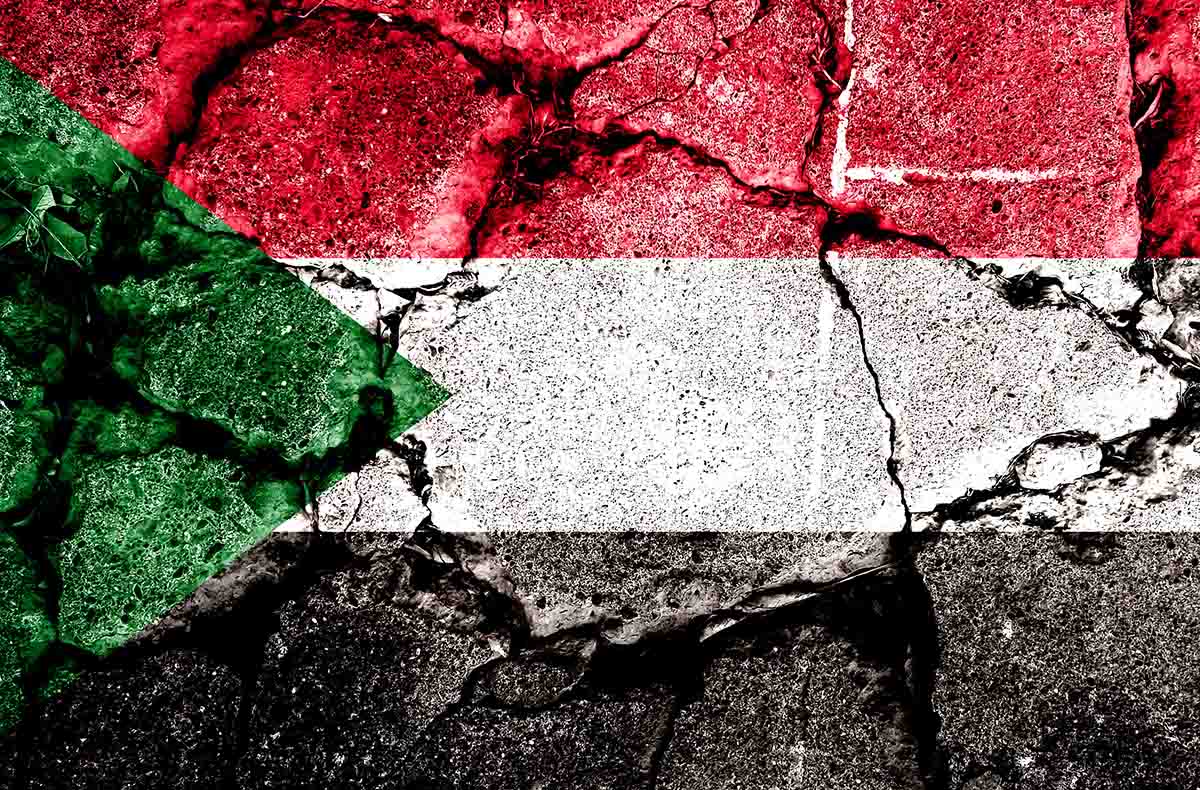
For us in the Muslim world, the year-end holidays are that surreal time of the year, where we devotedly perform our festive ritual: mull over the permissibility of uttering the words “Merry Christmas.” From local clerics to world-renowned evangelists to self-made bigots, the Islamist consensus is that the phrase—in addition to any partaking in Christmas festivity—echoes the belief in Jesus Christ being the son of God, which is sacrilegious as per Quranic injunctions that uphold Jesus as a prophet. And while radical religionists from all communities can betray puritanical views on celebration of others’ beliefs, the predominance of Islamic laws in even officially secular Muslim countries—and the prevalence of Islamist inertia over Muslim minorities—means that Islamic intolerance remains much more institutionalized than other religions.
This institutionalization can be seen in the world’s most populous Muslim state, Indonesia, where a 41-year-old fatwa from the Ulema Council forbids Christmas celebrations for Muslims. In Malaysia, where the official “Guidelines for Muslims Celebrating Religious Festivals of Non-Muslims” barring Muslim partaking in festivities that contradict Islam were issued in 2005, even writing the words “Merry Christmas” on food products invalidates their halal certification, as per the Department of Islamic Development. A Canadian Islamic cleric has said that wishing Christians on Christmas is “worse than murder,” many British Muslims advocate that it’s haram to wish “Merry Christmas,” and others in the West have long urged for a “more inclusive ‘Happy Holidays’” so as to not offend those with infinitesimal superpowers of taking offense. Meanwhile, in Pakistan, bakeries refusing to write “Merry Christmas” on cakes would be the least of the concerns for local Christians, who can be sentenced to the gallows for touching a Muslim’s glass of water and triggering the bloodthirsty Islamic blasphemy laws.
The Arab world, meanwhile, the exporter of radical Islam across the globe, has been busy traversing a spectacular volte-face. Saudi Arabia, where practice of other religions has long remained banned, is increasingly embracing Christmas festivities. The UAE is opening its first Hindu temple and Jewish synagogue. Of course, these pluralistic gestures in the Arab world have fiscal interests at heart, but today, those states that perpetuated Islamic intolerance are now being called out for indulging in “un-Islamic” festivity. There was global Muslim outrage when Saudi citizens celebrated Halloween this year. Much of the wrath was rooted in the fact that the hub of Islam allowed “pagan” festivities that not only were until recently banned in Saudi Arabia, but continue to be actively deemed forbidden for Muslims via numerous worldwide fatwas.
Many of these outmoded Islamic edits are rooted in hadiths (sayings of Islam’s prophet Muhammad) or in writings of centuries-old theologians, such as Ibn Qayyim al-Jawziyya, a disciple of Ibn Taymiyyah, who explicitly declared that wishing anyone on Christmas is haram, and deemed Christianity itself blasphemous against Islam. Notwithstanding the inherent datedness—and the resulting antiquated ideas, intrinsic to organized religion—Islam has unmistakable doublespeak on other beliefs. Those using adherence to paganism as the argument to forbid Muslim celebration of Halloween, or even Thanksgiving and New Year’s, for instance, evidently overlook the pagan rituals within Islam: from the Kaaba pilgrimage for Hajj to the fasting in Ramadan. Additionally, Islam borrows many beliefs, fables, and the entirety of its mandatory five-time prayers from Zoroastrianism, with the Quran also replicating numerous tales and narratives from the Hebrew Bible and the New Testament.
Why, then, does the hadith insist, “whoever imitates a people is one of them” founding the Sunni Islamic doctrine of tashabbuh, the rationale behind many of the fatwas against non-Muslim festivals? Why is the shahada—the profession of Islamic faith and its central tenet—a negation of other beliefs, that “there is no god but Allah”? Why does the Quran urge Muslims not to take Jews and Christians as friends?
The answer, perhaps, lies in the lack on answers apropos the origins of Islam, efforts to probe into which continue to be forestalled by the Arab leaders looking to safeguard the key to their clout.
Modern archaeological advances and scientific developments have exposed many ancient belief-systems to an unprecedented probe, and Islam is no different. In a world increasingly coming out of religious delusion, and enhanced global connectivity resulting in unparalleled pluralistic societies, an ideology that upholds identical collective allowance for one solitary belief is destined to go extinct. We cannot accuse others of a “phobia” against our religion, while bellowing repudiation of other beliefs from the pulpit.
Individuals could have any and every reason to not support any beliefs or participate in any customs, but no one should have the authority to issue declarations of collective adherence, let alone legal coercion to think, believe, or ritualize a certain way, which I believe Islamic laws in most Muslim-majority countries do. Muslims—especially those of us that look beyond Islamic edicts to embrace communal pluralism, including festive celebrations—need to continue working towards an identity beyond theological adherence. We need to let the unifying ancient traditions from within and beyond Islam build a sense of community, and not any obligation toward embracing antediluvian, largely outdated, divisive ideas, for fatwas that target other religions for their “incorrect” beliefs inevitably boomerang as an exposé on Islam’s.



